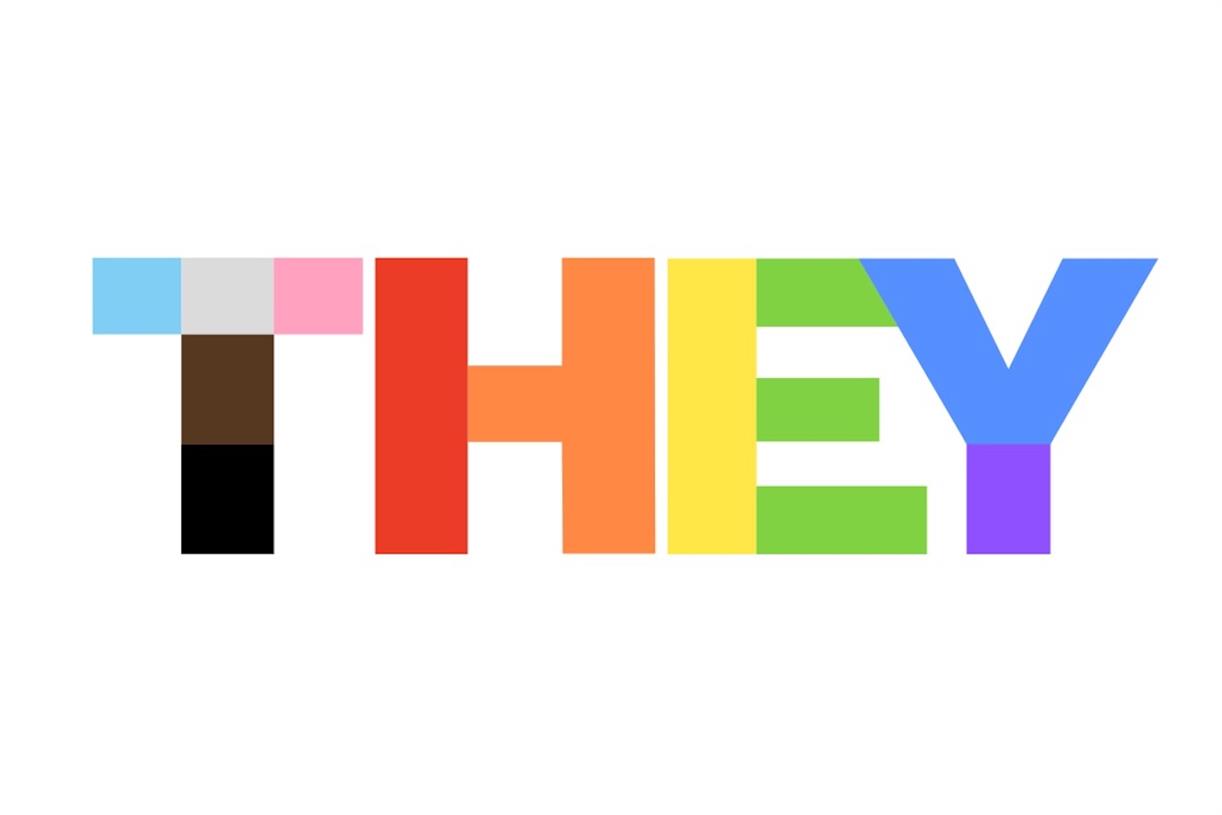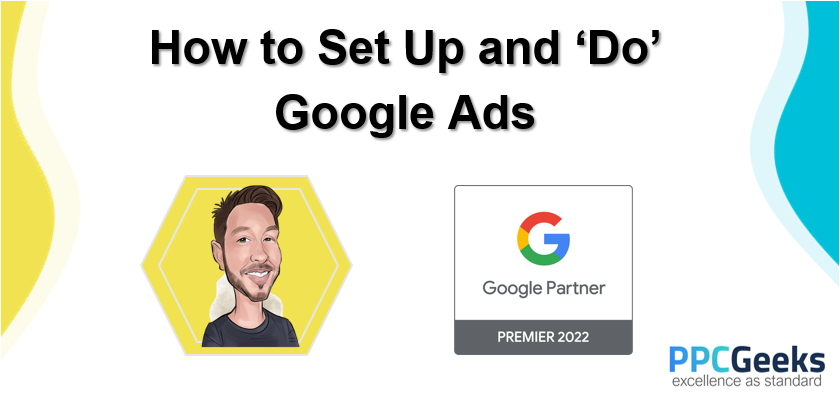AI in Content Marketing: How Creators and Marketers are Using It in 2024 [Data]
The wild ride of AI is still on, and industries across the globe are riding it for growth. But concerns are also mounting.
![AI in Content Marketing: How Creators and Marketers are Using It in 2024 [Data]](https://www.hubspot.com/hubfs/Untitled%20design-Apr-07-2023-08-24-35-4586-PM.png)
The wild ride of AI is still on, and industries across the globe are riding it for growth. But concerns are also mounting. For one, professionals continue to question AI’s impact on their work. This is especially true for many marketers and content creators, such as myself, who are keen to understand the role of AI in content marketing. With the global revenue for AI in marketing pegged at over $107.5 billion by 2028, there is no doubt that AI will soon (and may already) be an integral part of the digital marketing landscape. So, for the creator or marketer who wishes to stay ahead of the curve, knowing how to leverage this technology is a no-brainer. Using the real experiences of marketing professionals and data from our recent State of AI for Marketers survey, I will answer your questions about how creators and marketers are using AI in 2024 and what this means for their output and productivity. Table of Contents While there’s no standard definition of “AI in content marketing,” I will attempt to build one based on the understanding of the two concepts. Corey Wainwright describes content marketing as a “marketing program that centers on creating, publishing, and distributing content for your target audience — usually online — the goal of which is to attract new customers.” Google defines AI as “a set of technologies that enable computers to perform a variety of functions, including the ability to see, understand and translate spoken and written language, analyze data, make recommendations, and more.” Combining these two concepts into one definition for AI in content marketing would look like this: AI in content marketing involves using technologies that analyze data, understand language, and make recommendations to create, publish, and distribute content designed to engage an online audience. I’ve gathered some of the most popular applications of AI in content marketing, and their benefits are below. In our 2024 State of AI report, 43% of marketers place content creation as the most popular use case of AI in content marketing. Content can take many forms — written, visual, video, and audio — and marketers are using generative AI to bring these to life at scale. “As a PR professional working with high-growth SaaS startups and VC firms, AI enables us to craft more personalized stories that resonate deeply with their audiences, drive engagement, and ultimately, build stronger, more credible brands,” Sim Aulakh, founder of PR firm EstablishCred, says. Benefits: In using generative AI to do anything from writing marketing copy to turning text into video, marketers can save time and increase productivity in the content creation process. Content marketers need to know enough about customers, competitors, and their industry to make confident decisions about the entire pipeline of content production. AI tools can be quite useful in finding this information and analyzing volumes of data to identify trends, keywords, and relevant information, all in record time. For example, HubSpot’s new AI Search Grader — a first-of-its-kind, free app that quickly analyzes your brand based on what your prospects and customers are seeing across AI search engines — gives you actionable recommendations on how to improve. Imagine the wonders this would do for any marketing team. Benefits: Besides saving time and effort, using AI for content marketing research guarantees that decisions are made more quickly and confidently than manual research. Advanced AI models can even extract up-to-date information for more accurate content planning. I know from personal experience that to be a creative professional is to, among other things, accept the fact that good ideas may elude you once in a while. With AI, I’ve found this creative block does not need to linger for long as there are tools that will generate or suggest creative concepts that you could tweak to your liking. As a content writer, I personally love having AI as a brainstorming partner when I get stuck. For Aulakh, whose company undertakes several creative projects, leveraging AI for content brainstorming has been pivotal to their recent growth. “While human creativity cannot be replaced by AI, it can be enhanced by AI. As an example, AI tools like Gemini and ChatGPT have helped us during brainstorming and ideation processes for content projects. Now, we’re able to deliver on projects at a fraction of the time it used to take us,” he says Benefits: Brainstorming with AI will not only kickstart your creative engines but also speed up the process. Nearly 82% of the marketers surveyed say that using AI for brainstorming content ideas has saved them at least one hour of their precious time. To learn how content distribution is faring in the market and impacting the business, content marketers need to rely on data analytics. AI-powered analytics tools evaluate content performance and generate detailed reports on engagement metrics, ROI, and audience behavior. This is, in fact, the third most popular use case of AI for marketers, according to our survey. Benefits: Provides data-driven and actionable insights for optimizing content strategies and could also automate reporting. This improves the quality of decisions the marketer makes which, in turn, affects performance positively. Ever been in the middle of work and reached a hurdle that only a quick search or YouTube video could help you cross? Well, 41% of the marketers we surveyed have and they say using AI helped them learn how to do those things. Benefits: Besides the comfort of learning how to solve a problem and doing so in record time, this use case also ensures that marketers remain competitive and knowledgeable in the ever-evolving landscape of marketing. Let’s now test some of the use cases mentioned above. Without a good idea, it’s impossible to get the content on the road to either attract or engage audiences. So, we’ll start with brainstorming. Assume I’m a content marketer at HubSpot who needs a cool video idea for distribution on our social media channels. I found a cool AI brainstorming platform called Ideamap AI and asked it to brainstorm a video content idea for HubSpot, after providing context on what kind of brand HubSpot is. You’ll find that the map it produces is a bit much, considering that I already have trouble deciding what I want to do. I chose the first idea and used the expand with AI option to generate more ideas or inspiration for marketing content. One way AI can be used for ideas or inspiration is by creating a mood board with tools like Kive.ai. Given the sheer range of options for expansion and transformation available, it is nearly impossible not to find something you would be willing to work on. So, we are creating an animated explainer video showcasing how HubSpot connects marketing, sales, and customer service. To get accurate information needed for this video, I will need to extract it from the website. This time, I will employ the research abilities of ChatGPT Plus, which can pull real-time information from the internet. While it does a good job of extracting the information (from six sites), the output is not exactly video material. So, the next step would be to ask it to create the video script, which would kickstart the content creation process. Since OpenAI’s Sora has still not been released to the public, I had to find available alternatives. It is worth mentioning here that 70% of the marketers we surveyed say they cannot wait to use the new tech. However, Elai, an intuitive AI video creator, came in handy. Creating the video with the script ChatGPT helped me create was indeed straightforward, although I must mention that there were not many video editing options to choose from. Using an avatar, an American voice sample, and a blank background with HubSpot’s brand color were as far as I could go, especially as someone with limited video editing skills. While I think this attempt was far from flawless, it was a solid effort. With some additional time to refine the details, I believe it has the potential to be even better. There’s an abundance of marketing professionals leveraging AI to boost their productivity and enhance their strategies. For example, filmmaker and photographer Mateo Toro recently started using Kive.ai to design mood boards to develop treatments for his film projects. A video treatment is a way to convey a project's concept or story. Many video treatments involve the use of images and visual media found online or in previous works. “Video treatments take time. You have to scrub through the video, take screenshots, and edit for the video treatment,“ Toro explained. ”[Kive.ai] just makes it so much easier for me to find the video that has a style or tone I'm looking to emulate.” With Kive.ai, creators can paste the link of a video into the system, and Kive.ai will extract frames from the video as screenshots to import into a board. Toro says the process can save him hours of time. “In a video treatment, I could be going through 10, 15, 20 videos to reference,“ he said. ”You add that up, and it could easily be an hour of time just scrubbing through, screenshotting, and dragging content to a treatment.” Then there’s Bethany Anderson, a public information officer for Milton, Florida, who says ChatGPT streamlines the writing aspect of her job. “I love it because ChatGPT is a software that learns,” Anderson explains. She says ChatGPT can mimic her writing style, so she’ll sometimes use the tool to write press releases, social media posts, and SEO-friendly blog content. Anderson says the tool is handy because writing is a crucial part of her job, but it’s far from the only responsibility she has to tackle daily. “I am behind the scenes planning events and getting them out to the public,“ she says. ”So, ChatGPT allows me to get the writing done in a very easy, seamless way so that I can get to the bones of my job — which is outreach.” Anderson admits she was wary of ChatGPT at first but tested it out during a week that was jam-packed with deadlines. “There was this one week a couple of months ago when I had so many deadlines, so many social media calendars due, so many blogs due, and so many bios due — I was drowning,” she recalls. “So I said, ‘I’m going to give it a try.’” Days worth of writing assignments could be completed in just a few hours thanks to the assistance of AI, according to Anderson. Her experience aligns with the findings of our survey — nearly 80% of marketers said generative AI has a positive ROI on their content writing tasks. “We’re talking about days of your life that you get back,” she said. “And, to me, time is valuable. It's more valuable than money.” On the other hand, Irina Nica, HubSpot’s Senior Product Marketing Manager, uses HubSpot’s AI Content Writer to edit her drafts. “It's like having a second pair of eyes that helps me go through my drafts, tidy them up, and get them out there faster. Don’t get me wrong … Writing is a huge part of my job and something that AI can’t take over, but it sure helps to speed up the nitty-gritty bits like editing.” She also uses ChatSpot, HubSpot’s AI chatbot solution designed to help businesses perform marketing and sales operations, to supercharge her research. “I like to use ChatSpot for getting quick recommendations for products, books, or any type of resource really. Say I‘m looking for the best product marketing book for SaaS companies; normally, I’d be knee-deep in Google searches, reading articles, and checking out recommendations on Goodreads,” Nica says. “But with the right prompt, ChatSpot can get me there 10X faster. I still give its final recommendation a quick Google check, but it's a super handy shortcut.” A common concern surrounding the use of AI is whether the technology will replace human marketers and creators. Nima Olumi of Lightyear Strategies says it’s unlikely. “We use AI to pull a lot of statistics, come up with interesting angles to pitch to companies, and work around certain angles that are marketing and media-friendly,” Olumi said. “I don't think it's a complete replacement for writers or thinkers.” Writing and content creation are subjective fields, according to Olumi, and they still require people to do the necessary critical thinking to decide the kind of content that gets published. Ultimately, Olumi predicts a future where AI will assist marketers and creatives in improving their output and producing content in a shorter time. This makes sense, considering our survey found that 74% of marketers agree that AI tools can help them be more productive in their roles. Olumi encourages professionals to embrace AI and use it to their advantage rather than shy away. Specifically, he says creators should spend time learning and testing applications like Open.ai and ChatGPT to see their different capabilities. “Spend hours asking question after question to see how far you can push the limits of the application to serve your needs,” he said. “You have to feed it context.” As the presence of AI in marketing continues to grow significantly, I suggest you take the time to discover how it can best serve your own team's needs. Professionals and creatives like Olumi, Aulakh, Anderson, Nica, and Toro all found ways to use AI to help them improve the efficiency and quality of their content. Instead of worrying whether the robots will take over, I recommend finding ways to work alongside AI, so you and your company can remain competitive in the market and essential to your clients. Editor's note: This post was originally published in April 2023 and has been updated for comprehensiveness.
What is AI in content marketing?
Benefits of Using AI in Content Marketing

1. Content Creation
2. Research
3. Brainstorming Content Ideas
4. Data Analysis And Reporting
5. Self Upskilling
How to Use AI in Content Marketing



AI in Content Marketing Examples
Generating Ideas & Inspiration: Mateo Toro
Writing Copy: Bethany Anderson
Editing Drafts: Irina Nica
Will AI replace content creators?
Making the Most of AI

 Tfoso
Tfoso ![The Annual State of Artificial Intelligence in 2024 [Free Report]](https://no-cache.hubspot.com/cta/default/53/b72f2b25-8cc9-4642-9a1b-1e675d3d273b.png)
































